
By PA reporter
Paramilitary-style shootings have doubled over the past year, the PSNI has revealed.
There were 28 victims of paramilitary shootings - twice the number recorded in the previous year - in 12 months, latest police statistics show.
There was also an increase in the number of casualties of paramilitary-style assaults, from 58 last year to 66 over the same period this year.
Loyalist paramilitary crime gangs were behind 56 of these casualties with the remaining 10 attributed to republican gangs, the PSNI said.
The increase has led to urgent calls from police and church leaders for communities to help end these "barbaric" attacks.
Detective Superintendent Bobby Singleton said that around 6% of the paramilitary-style attacks carried out last year were against people under 18.
"An attack against a person of any age, but particularly a child, is completely unacceptable in any society.
"This is child abuse and should not be tolerated by any rational person," said Mr Singleton.
He added: "The people behind these attacks should be seen for what they are, hypocritical thugs trying to exert coercive control over communities by creating a climate of fear."
He appealed to communities not to ignore these attacks but to give information to the police.
"Our children deserve to be protected not punished," said Mr Singleton.
He added that police made a number of arrests in recent weeks in connection with various paramilitary-style attacks.
Church leaders also joined together to call for an end to the scourge of paramilitary attacks.
Speaking on Monday - the United Nations' Universal Children's Day - Church of Ireland Archbishop of Armagh Richard Clarke, President of the Methodist Church in Ireland Dr Laurence Graham, Roman Catholic Archbishop of Armagh Eamon Martin, President of the Irish Council of Churches Bishop John McDowell and Moderator of the Presbyterian Church in Ireland Dr Noble McNeely, raised concern about the impact these attacks have on the lives of young people.
"At the heart of the vision for the Peace Process was the hope that children and young people might be protected from the violence that blighted the lives of previous generations.
"Sadly, too many in our society continue to be exposed to this violence at an early age, either as victims of direct attacks, or as members of families subjected to attacks or intimidation," they said in a joint statement.
"Making our communities safe and welcoming places is the responsibility of all members of society," they added.
The Church leaders warned that funding cuts and financial uncertainty threaten community work aimed at giving young people better opportunities.
"In this context, it is more important than ever that we seek to lend our support to initiatives that offer young people the chance to achieve their full potential and challenge those who seek to trap them in never-ending cycles of violence," they concluded.


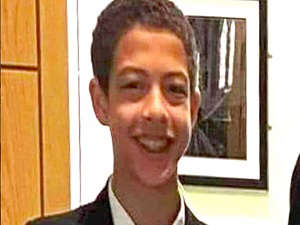 Social media warning ahead of inquest into death of Noah Donohoe
Social media warning ahead of inquest into death of Noah Donohoe
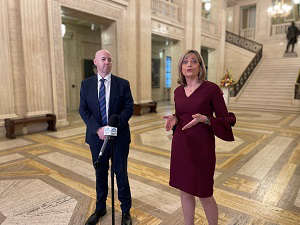 Former senior police officer Jon Burrows confirms UUP leadership bid
Former senior police officer Jon Burrows confirms UUP leadership bid
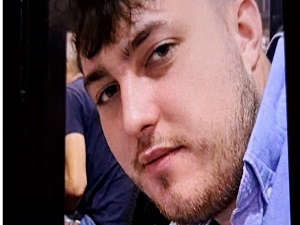 Man’s body found in Cookstown in search for missing 21-year-old
Man’s body found in Cookstown in search for missing 21-year-old
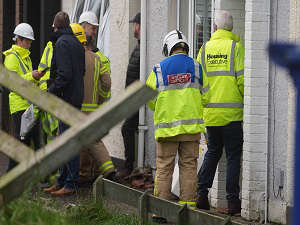 Two taken to hospital following suspected gas explosion in east Belfast
Two taken to hospital following suspected gas explosion in east Belfast
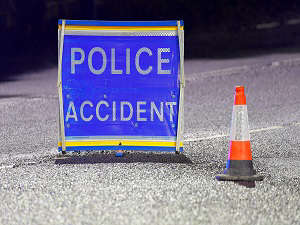 Man critically ill in hospital following road crash in Co Tyrone n
Man critically ill in hospital following road crash in Co Tyrone n